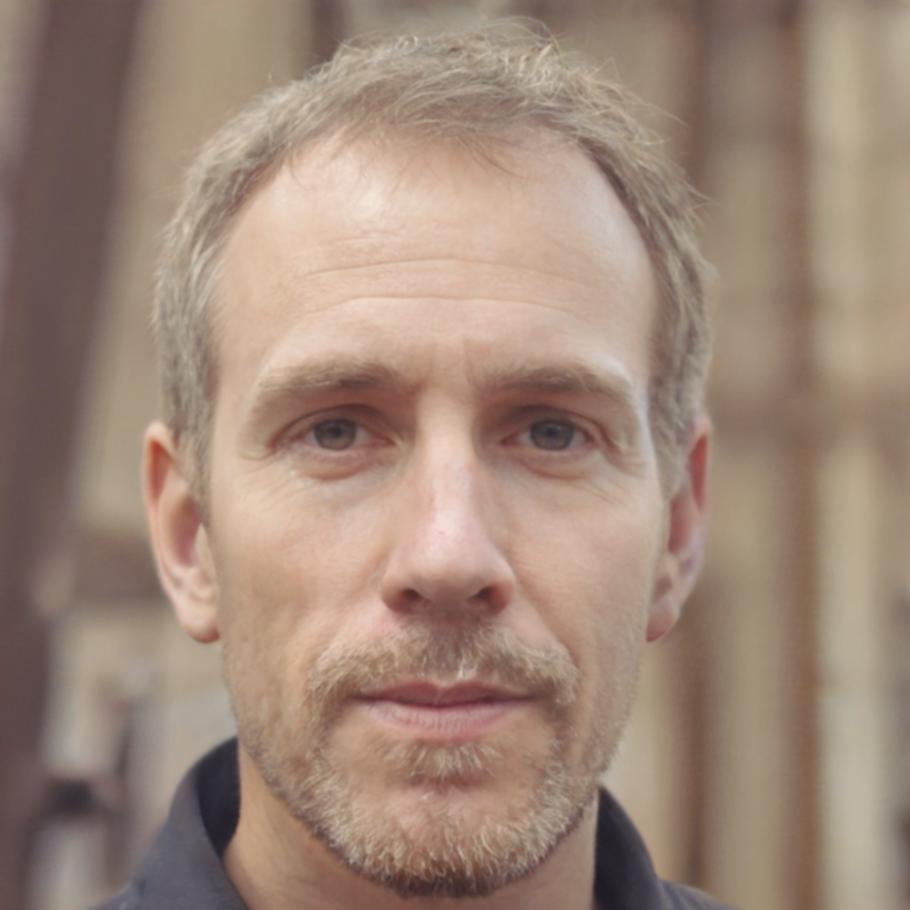Building Financial Capability Through Real Experience
We started ulorentarivo in 2019 because we saw too many bright people with ideas but no practical money sense. Banks weren't teaching it. Business courses glossed over the daily cash flow realities. So we built something different.
What We Actually Do
Most financial education sounds good on paper but falls apart when you're dealing with an actual supplier invoice or trying to price your first service. We focus on the stuff that keeps business owners up at night.
Our programs walk through scenarios you'll actually face. Like managing irregular income when your rent is due next Tuesday. Or deciding whether to reinvest profits or take a salary. These aren't hypotheticals—they're based on the messy reality of running something.
We work with people at different stages. Some are still employed but thinking about a side project. Others have already jumped in and realized their spreadsheet doesn't match their bank account. Both need different things, and we adjust accordingly.

How We Think About This Work
Financial skills aren't mysterious. But they do require honest conversations about risk, patience, and the gap between what you hope happens and what actually does.
Practical Over Perfect
We'd rather you have a working budget that you actually use than a complex financial model that sits in a drawer. Systems that work beat elegant theories every time.
Context Matters
A tradie pricing jobs needs different tools than someone launching a consulting practice. We don't force everyone through the same framework because that's lazy teaching.
Mistakes Are Data
Everyone underbills their first client or forgets about tax. The question is whether you learn from it. We create space to talk about what went wrong without judgment.
Long View
Building sustainable income takes longer than social media suggests. We're interested in helping people create businesses that still exist in three years, not just quick wins.
Real Numbers
We use actual Australian business data—what things cost, realistic pricing, typical margins. No point learning with examples that don't match the market you're actually in.
Your Decision
We'll show you how different choices play out financially, but you decide what fits your life. Our job is clarity, not telling you what to do.
The People Behind the Programs
We're a small team. Everyone here has either run their own business or worked closely with people who have. That matters because you can't really teach cash flow management if you've never felt the stress of making payroll.
Most of us came from different backgrounds—accounting, hospitality, tech, trades—which means we've seen how money works across various industries. It keeps us from getting too theoretical.
We're not trying to build an empire. The team stays intentionally small so we can actually know the people in our programs and adjust when something isn't working for them.

Phineas Treadwell
Program Director
Spent a decade in business banking before switching sides. Now helps people understand what banks are actually looking at when you apply for funding. Still drinks too much coffee.

Rowena Quillan
Education Lead
Built and sold two small businesses in retail and services. Knows firsthand what it's like when theory meets reality at 3am. Designs most of our practical exercises.
Our Approach to Teaching Money Skills
We've tested a lot of methods over the past six years. Some worked better than others. Here's what we've landed on.

Start With Your Numbers
First session is always about understanding where you actually are right now. Not where you wish you were or where you think you should be. We look at your real income, expenses, and obligations. Then we figure out what's realistic from there.

Build Systems That Stick
We don't believe in massive spreadsheets you'll abandon after two weeks. Instead, we help you set up simple tracking that takes ten minutes a week. The goal is something you'll actually maintain when things get busy.

Practice With Scenarios
You'll work through situations like pricing projects when you're not sure what to charge, or deciding whether to buy equipment now or wait. These aren't abstract exercises—they're the decisions you'll face next month.

Ongoing Support
Financial challenges don't stop after a workshop ends. We keep in touch with past participants through quarterly check-ins and an online space where people share what's working. Sometimes you just need to ask someone who's been there.